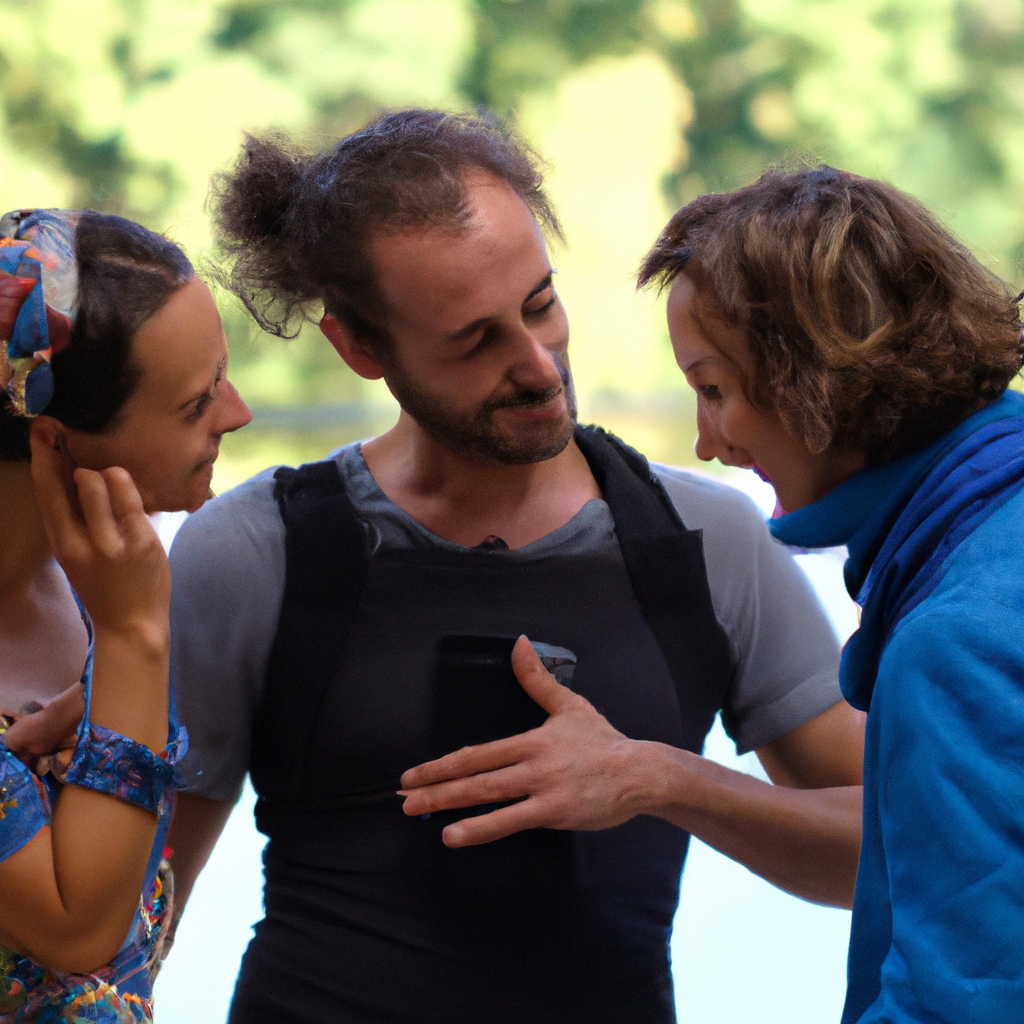In a fascinating experiment dubbed “I Got Hypnotized To See If It’s Fake,” individuals sought to uncover the reality of hypnosis. This exploration delves into whether hypnosis is a genuine phenomenon or just an elaborate trick. The insights gained from this experience have sparked significant public interest, questioning the boundaries of the human mind and its susceptibility to suggestion.
The allure of hypnosis has led many to wonder if it is merely a performance art or a legitimate psychological tool. Participants in the experiment reported varying experiences, with some feeling completely entranced while others remained skeptical. This mix of reactions highlights the complex interplay between belief and the hypnotic process.
🎯 Understanding Hypnosis
Hypnosis is often misunderstood. Traditionally, it is portrayed as a mystical or magical act. In reality, it is a psychological state of focused attention and increased suggestibility. Many researchers argue that hypnosis can be effectively used for therapeutic purposes, such as pain management and anxiety reduction.
The experiment aimed to demystify hypnosis by putting participants in real-life situations. They were exposed to various hypnotic suggestions to gauge their reactions. The results suggested that individual susceptibility to hypnosis could vary significantly based on several factors, including personality traits and prior experiences.
💡 The Science Behind Hypnosis
Recent studies indicate that hypnosis can lead to observable changes in brain activity. Functional MRI scans show that individuals under hypnosis exhibit different patterns of brain function. This supports the idea that hypnosis isn’t just an act but a legitimate cognitive state.
Furthermore, researchers emphasize the importance of a willing participant. The belief in hypnosis plays a crucial role in its effectiveness. Those who entered the experiment with an open mind tended to experience more profound effects compared to skeptics.
🔍 Public Perception and Misconceptions
Despite growing evidence of hypnosis’s legitimacy, public perception remains mixed. Many still associate it with stage performances, where volunteers are humorously manipulated. This perception can deter individuals from exploring hypnosis as a tool for self-improvement or healing.
The experiment revealed that breaking down these misconceptions is essential for wider acceptance. Many participants expressed surprise at their experiences, often reporting feelings of relaxation and heightened focus. This shift in perspective could pave the way for more people to consider hypnosis in their lives.
As the dialogue around mental health and wellness continues to evolve, the findings from “I Got Hypnotized To See If It’s Fake” encourage an open-minded approach. Future discussions may focus on integrating hypnosis into therapeutic practices, allowing more individuals to benefit from its potential.
In conclusion, the journey through hypnosis exposes both the power and mystery of the human mind. By engaging in discussions about the legitimacy of hypnosis, we can break down barriers and encourage more people to explore its potential benefits. If you found this article interesting, please share it with friends who might also be curious about the truths of hypnosis.
